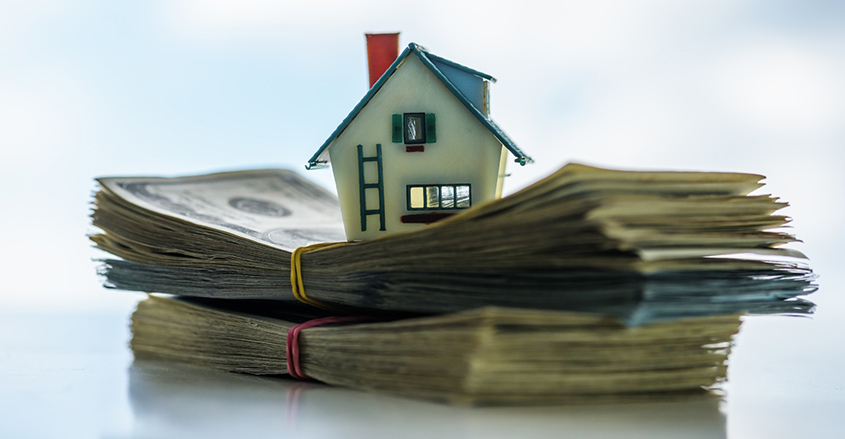Buying cash notes is an alternative for any entrepreneur with their own money to invest and who wants to make great returns without dealing with the three Ts of real estate — tenants, toilets and trash.
Notes are often second mortgages on homes or first mortgages on trailer homes carried by the original seller, by a bank or by another investor.
In 2017, there were more than 5 million mortgages in default in the United States, all possible investments. In addition to ample supply, there are number of exit strategies.
Expert say rates of return of 20% to 25% are common and some investors even get rates as high as 35% when negotiating new terms or a discount at purchase.
“It’s important to educate yourself first, because notes are a completely different animal than just buying a piece of property, fixing it up and selling it, or buying it and renting it out,” says Scott Carson, president of WeCloseNotes.com.
The first step is figuring out your investment strategy is where to buy notes.
There are four primary sources: private note holders themselves, hedge funds that buy in bulk from banks, note exchanges, and banks and credit unions. One example of a note exchange is www.notetraderexchange.com, though there are dozens.
The second step is deciding whether you want to focus on performing notes or non-performing notes. The tradeoff is often clear.
Performing notes mean the owners are currently making their payments. Non-performing means they are not.
Performing notes gives you a steady cash flow with a minimum investment in time and hassle.
Non-performing notes give you an opportunity to buy notes at a significant discount and reap gains from turning them into performing notes by negotiating with the homeowner.
Exit strategy
After 12 months of timely payments the note can then be sold again at a premium as a performing note. Most investors try to avoid doing that and many enjoy working with the homeowner to get them back on track with payments.
However, once you own a first mortgage you are essentially the bank. If you need to repossess to secure your investment after non-payment then you have every right to do so.
The third step is deciding your exit strategy.
Many investors buy notes for their retirement and switch to performing notes for income as they ease out of the business.
But others want to make as much money as possible and enjoy the art of the deal. It is possible to double your investment every five years, if you can stand the risk.
The very thing that intimidates most investors about notes, the lack of regulations about their acquisition, rates of return, and enforcement, is what makes them perfect for an entrepreneur.
“What I love about notes is you go directly to the bank. You’re seeing things six to 12 months ahead of time, depending on the state,” Carson says.
“The fact is that you’re buying debt well below what a retail investor would pay. You create a win-win with the homeowner, and more often than not, it turns into a really good yield for us.”


